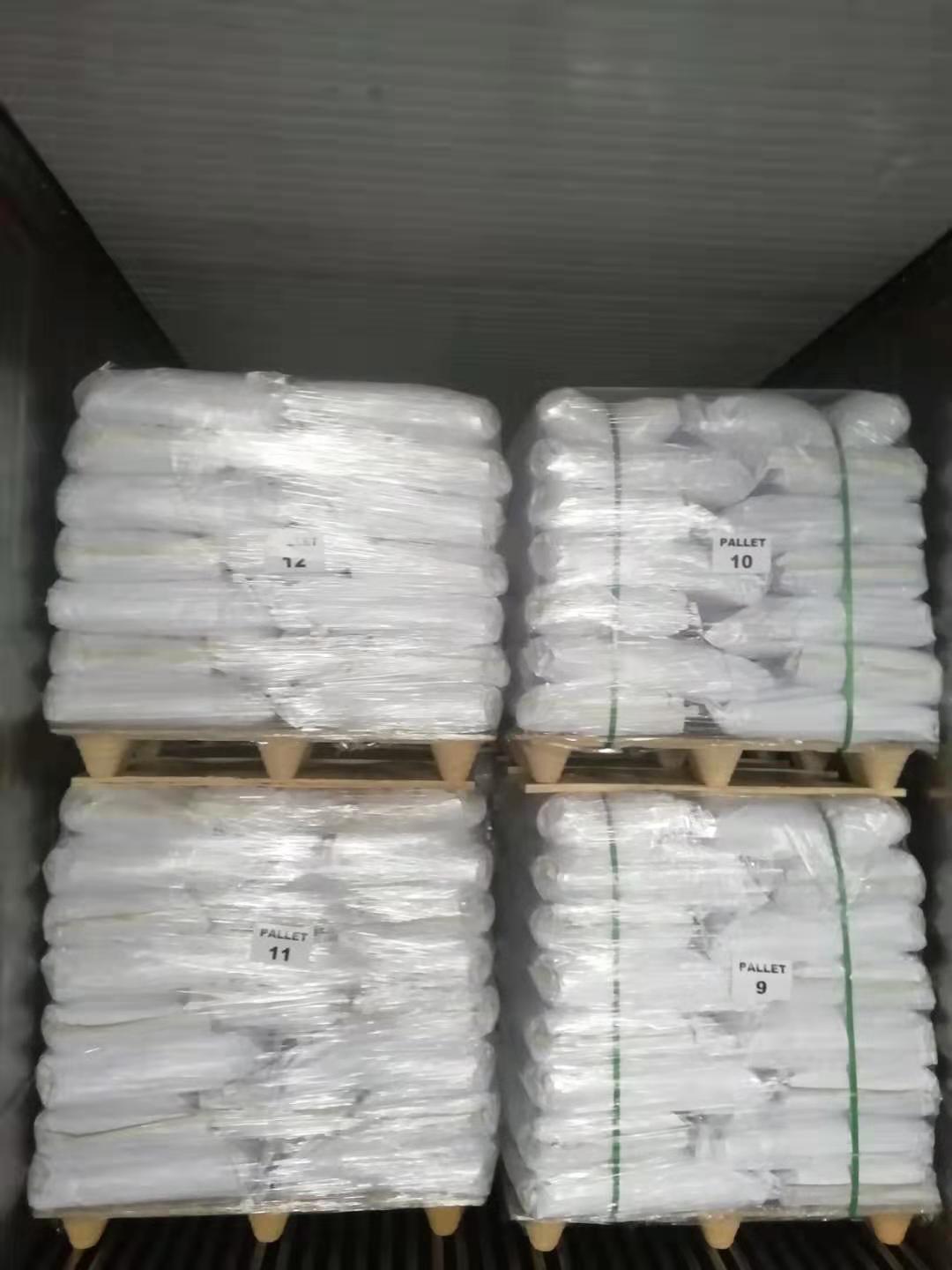close
Choose Your Site
Global
Social Media
| Availability: | |
|---|---|
| Quantity: | |








Anhydrous Sodium Sulfate
Basic Information
Chemical Name: Anhydrous Sodium Sulfate
Molecular Formula: Na₂SO₄
Molecular Weight: 142.04 g/mol
CAS Number: 7757 - 82 - 6
European Inventory of Existing Commercial Chemical Substances (EINECS) Number: 231 - 820 - 9
Appearance
White, odorless, bitter-tasting crystals or powder; the granules are colorless and transparent.
Key Characteristics
Solubility and Stability
Solubility: Readily soluble in water, soluble in glycerol, and insoluble in ethanol. Its solubility in water increases significantly at high temperatures.
Stability: Chemically stable and does not react with components in the air under normal environmental conditions. However, it may absorb moisture and cake in a humid environment.
Functional Characteristics
Desiccant: Due to its hygroscopicity, it can be used as a desiccant to absorb moisture in the environment.
Chemical Raw Material: It is an important raw material in numerous chemical synthesis reactions. For example, it is used in the paper industry for manufacturing sulfate pulp.
Laxative: In the pharmaceutical field, it can be taken orally to increase intestinal moisture and promote intestinal peristalsis, thus acting as a laxative.
Applications
Detergent Formulations: In the detergent industry, anhydrous sodium sulfate serves as an important builder. It helps to soften hard water by precipitating calcium and magnesium ions, thereby improving the cleaning efficiency of detergents. By forming insoluble salts with these ions, it prevents them from interfering with the cleaning action of the detergent.
Suspension and Emulsification: It aids in the suspension and emulsification of dirt, grease, and other impurities. This property ensures that the dirt particles are evenly distributed in the washing solution and do not redeposit on the cleaned surfaces. It also helps to stabilize the emulsion of oil and water in washing formulations, enhancing the overall cleaning performance.
Preventing Residue: Anhydrous sodium sulfate helps to prevent the formation of residues on washed items. It ensures that the detergent and other cleaning agents are fully rinsed off, leaving the surfaces clean and free from any sticky or powdery deposits.
Cost-Effective Additive: Due to its relatively low cost and high efficiency, anhydrous sodium sulfate is a popular choice in the production of detergents and cleaning agents. It can significantly enhance the cleaning power of the product without adding excessive costs.
Storage Conditions
It should be stored in a dry and ventilated warehouse, away from sources of ignition and heat. It should be stored separately from acids and other substances, and must not be stored together. The storage area should be equipped with suitable materials to contain any leaked material and prevent it from getting damp and affecting product quality.
